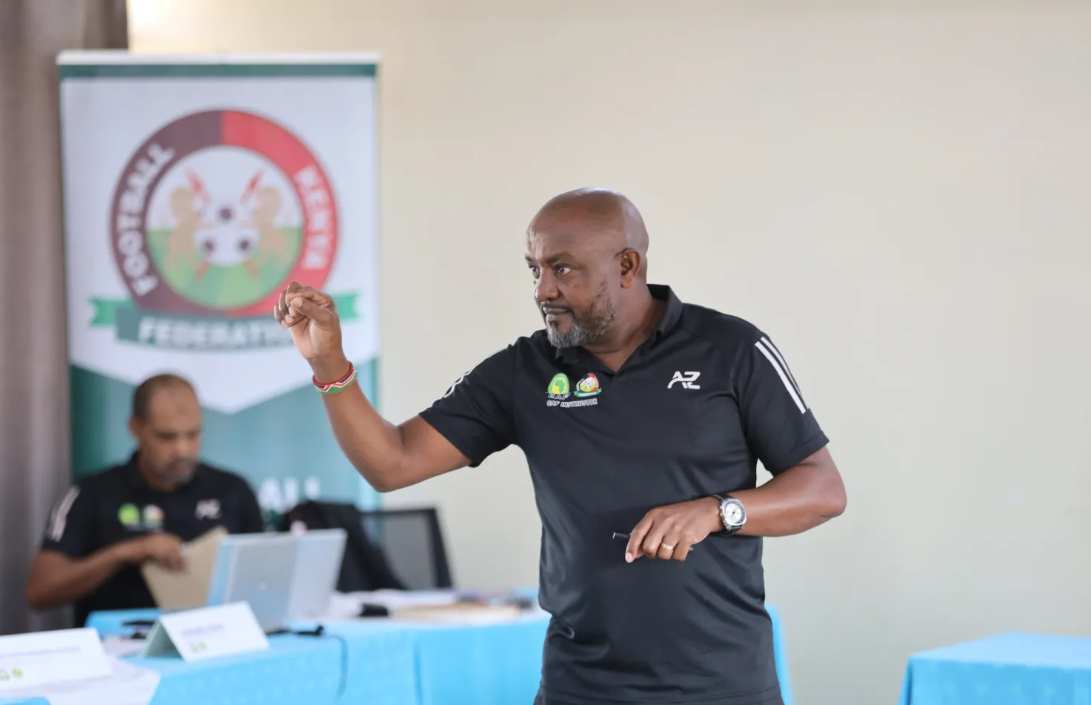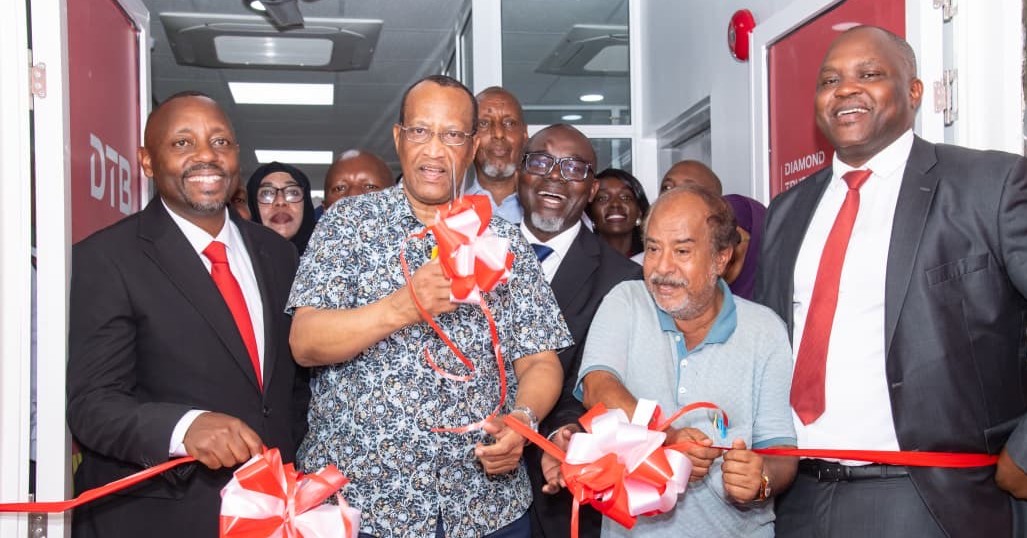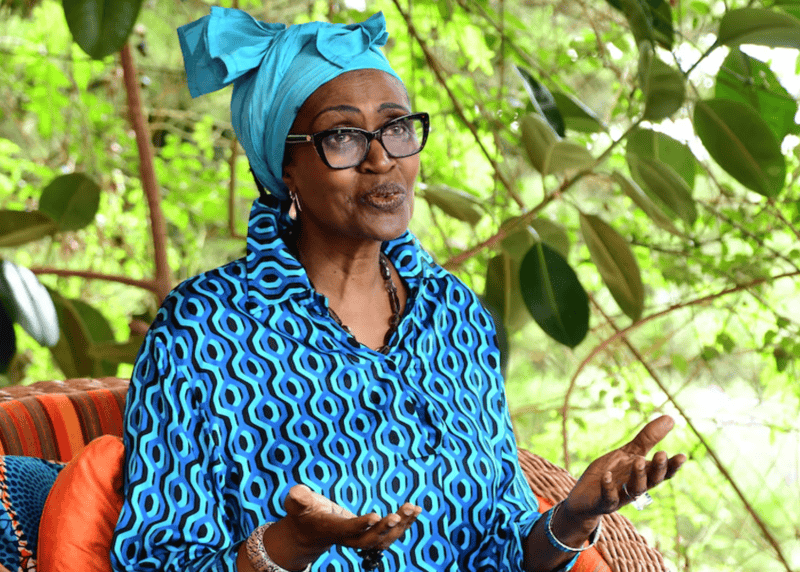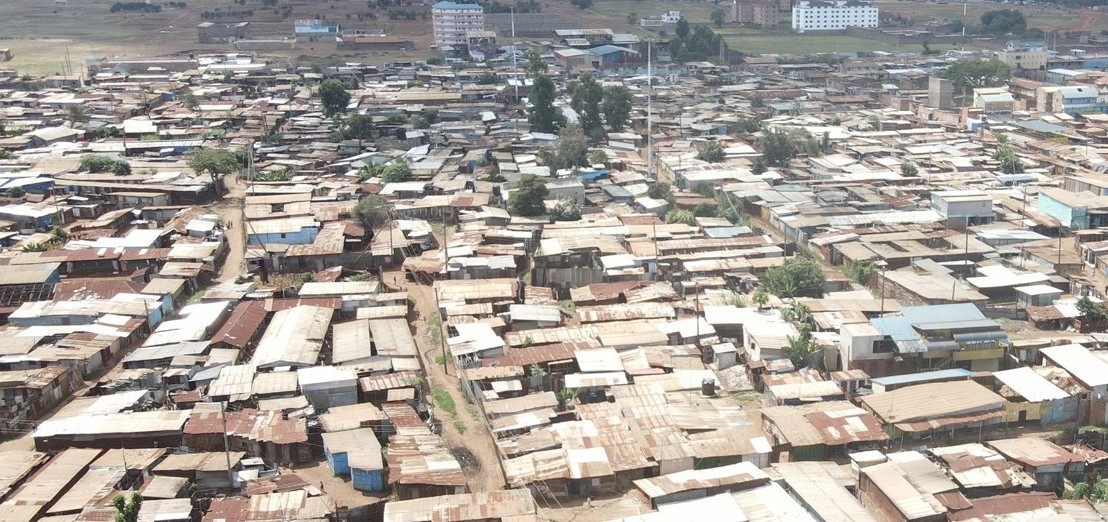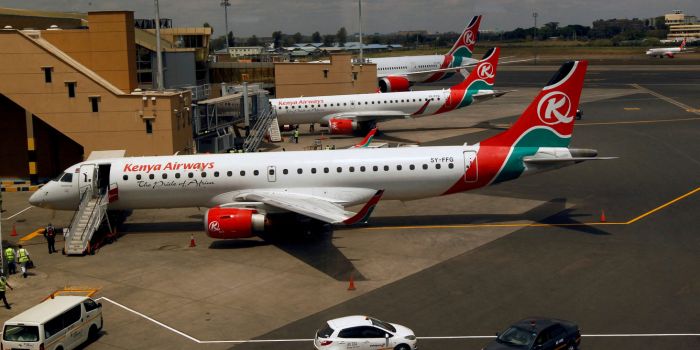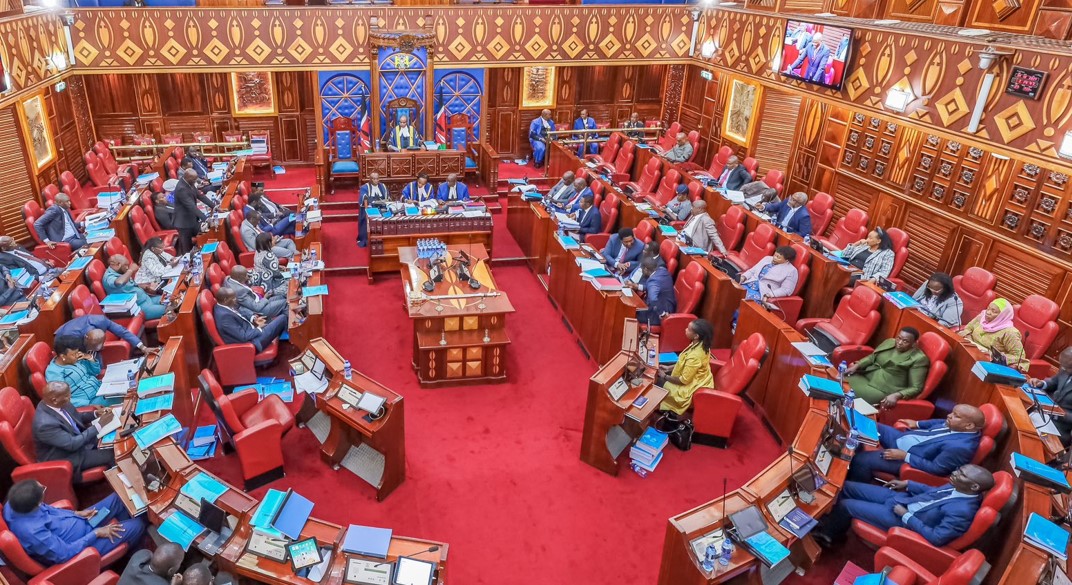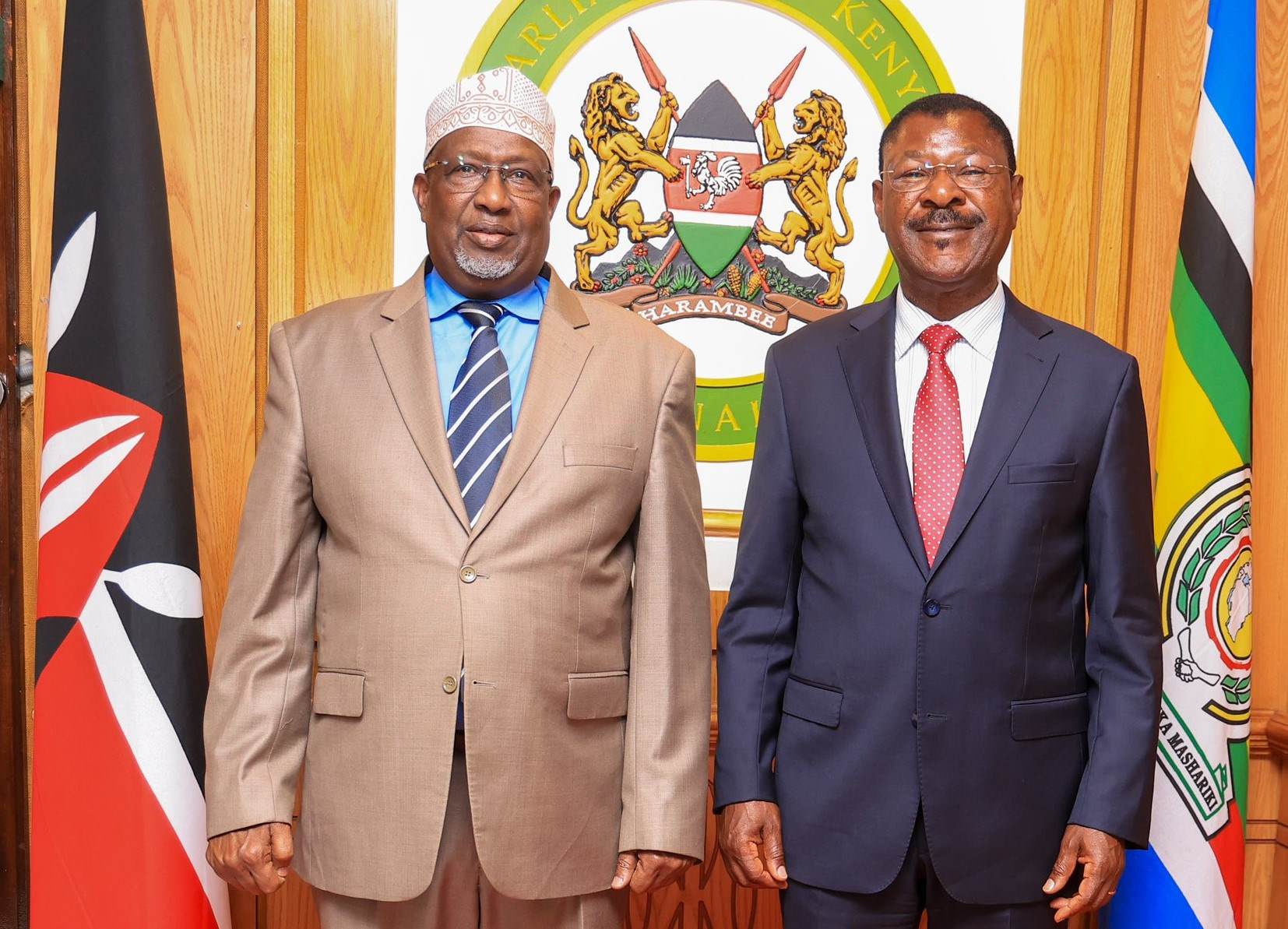Commission for University Education under fire as MPs probe fake degrees, staffing crisis, and Sh935 million debt
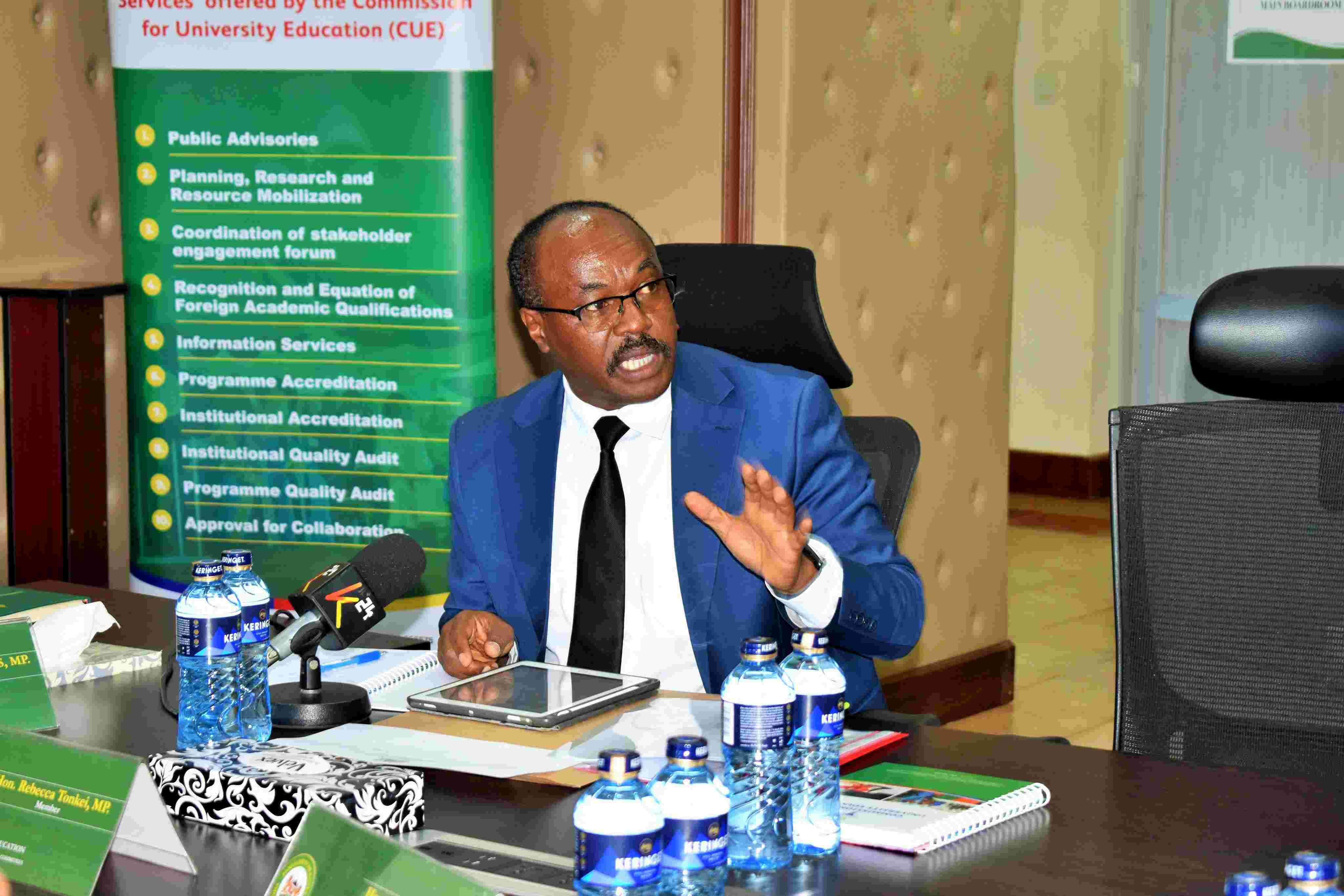
Legislators expressed concern over the proliferation of forged degrees, insufficient staffing and the Sh935.7 million debt owed to the Commission.
The Commission for University Education (CUE) is under scrutiny over a rise in fake academic certificates, staffing shortages and mounting debts, as Members of Parliament question the regulator’s ability to uphold standards in Kenyan universities.
During an inspection visit by the National Assembly's Departmental Committee on Education in Gigiri, Nairobi, legislators expressed concern over the proliferation of forged degrees, insufficient staffing and the Sh935.7 million debt owed to the Commission.
More To Read
- Nairobi Water employee fined Sh8.5 million for using forged KCSE certificate to secure job
- PSC, KNEC roll out digital checks to tackle fake certificates in civil service
- Government orders fresh audit of academic certificates for all civil servants
- CUE mulling student admission quotas to fix graduate unemployment crisis
- How forged academic papers are helping fraudsters secure top government jobs — EACC
- Siaya County Government sacks 382 health workers over forged documents
CUE Chief Executive Officer Prof. Mike Kuria acknowledged the seriousness of the challenges but defended the Commission’s role in maintaining standards, quality and relevance in university education, training and research.
He highlighted the staffing shortfall, noting that the current 61 in-post staff members represent only 46 per cent of the approved capacity of 131 positions.
“This shortfall, largely attributed to an ongoing government moratorium on recruitment, has impeded the Commission’s ability to meet service delivery expectations, potentially leading to operational delays and reputational risk,” he said.
Committee Chair Julius Melly questioned CUE’s strategy to curb the issue of fake degrees and sought clarity on actions being taken against religious institutions operating outside the law.
Prof. Kuria confirmed that the Commission has engaged the Directorate of Criminal Investigations (DCI), adding that there are currently four active cases involving fake degrees.
“All religious institutions found issuing fake degrees and certificates will be dealt with and must adhere to the Education Act of 2013,” he said.
Luanda MP Dick Maungu raised concerns over fake degrees awarded to religious leaders and politicians, pressing the CEO on the measures taken to address the trend.
The Committee also queried the ongoing conflict with professional bodies over accreditation, which has led to conflicting court judgments and ambiguity over which programmes should be registrable by professional bodies.
Prof. Kuria said that CUE includes representatives from relevant professional bodies during programme evaluations to foster collaboration and ensure graduates can practice globally. He added that the Commission is seeking a clear policy to distinguish between academic training and professional development.
Legislators further expressed concern over the outstanding debt from universities, primarily unpaid quality assurance fees from the 2014/2015 and 2015/2016 financial years, totalling Sh935,724,376.
Nandi MP Rebecca Tonkei argued that CUE should be allowed to use its internally generated funds, which reached Sh310,656,750 against a target of Sh275,000,000, a 113 per cent performance, to develop the institution.
Prof. Kuria, however, explained that expenditure ceilings and Treasury restrictions limit the use of these funds for critical development projects.
The quality and market relevance of university courses also came under scrutiny.
Baringo North MP Joshua Makilap criticised the teaching of outdated programmes, saying, some universities are teaching obsolete courses that are not market-driven.
“Even lecturers need to be retooled and build capacity. We have close to 80 universities in the country; we need to stop churning out graduates who end up languishing in the job market. What is your Commission doing?” he posed.
Kuria responded that CUE now requires universities to submit a market survey when introducing new programmes. He noted that the Commission recently evaluated 397 curricula for academic programmes and conducted site inspections to verify academic resources, while audits on university programmes are ongoing.
Nyamira Women Rep Jerusha Momanyi emphasised the need for tertiary education to evolve with global changes.
“The world has changed; we need our tertiary education to evolve and meet rising challenges,” she said.
CUE highlighted progress in preparing universities for Competency Based Education (CBE), including reviewing curricula for 137 Teacher Education Programmes and sensitising 600 university staff on CBE. The Commission has also processed 2,420 applications for recognition of foreign academic qualifications and licensed 46 student recruitment agencies in the 2024/2025 financial year.
Kibra MP Peter Orero questioned the rapid proliferation of colleges and new satellite campuses, asking about the criteria for starting, closing or merging such institutions.
Kuria explained the thirteen-step process for establishing a university, which includes a comprehensive assessment to ensure minimum standards are met.
Last financial year, CUE said it conducted 34 technical inspections for institutional accreditation, resulting in four universities being awarded charters and 12 Open Distance and e-Learning (ODeL) centres being accredited.
Top Stories Today
